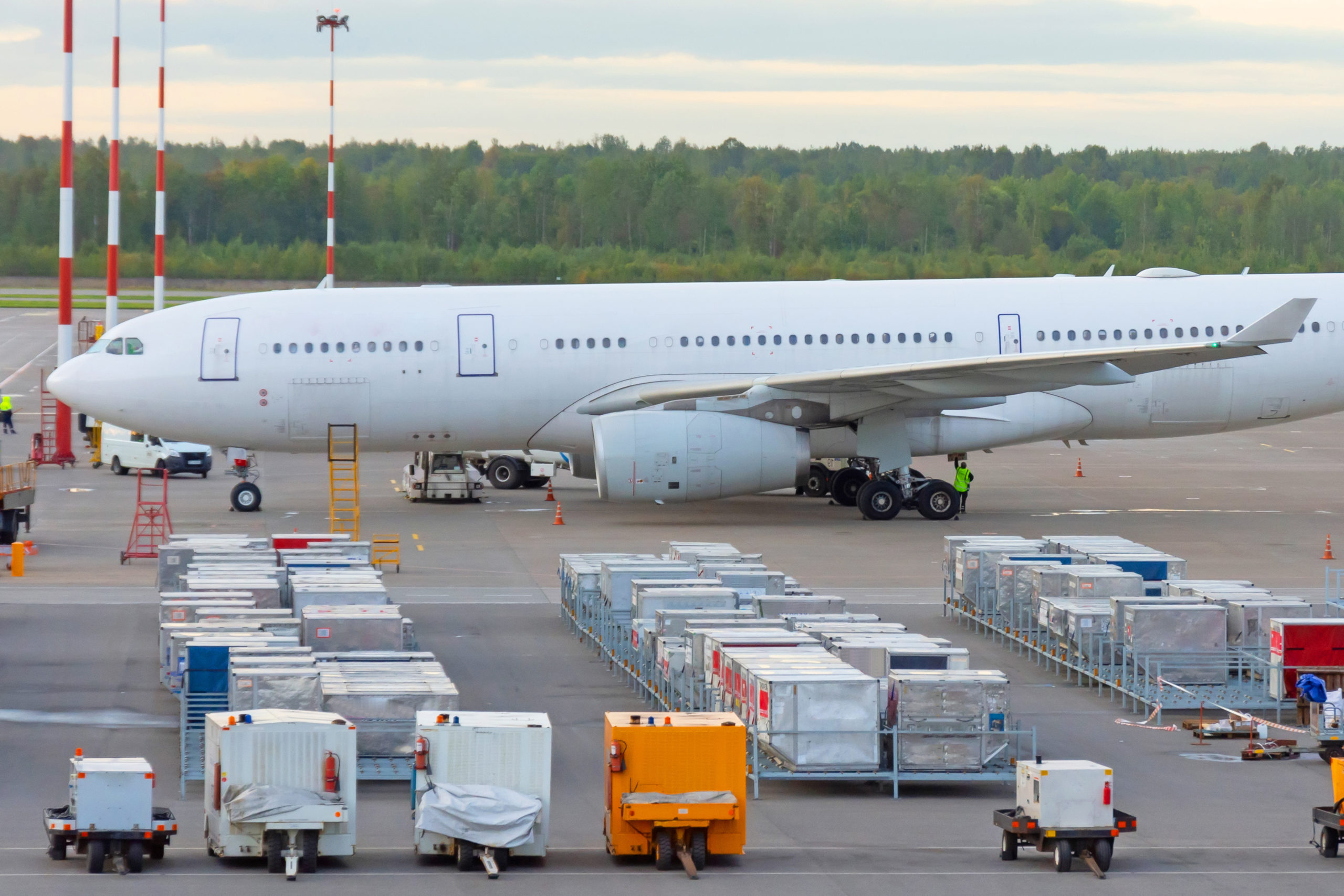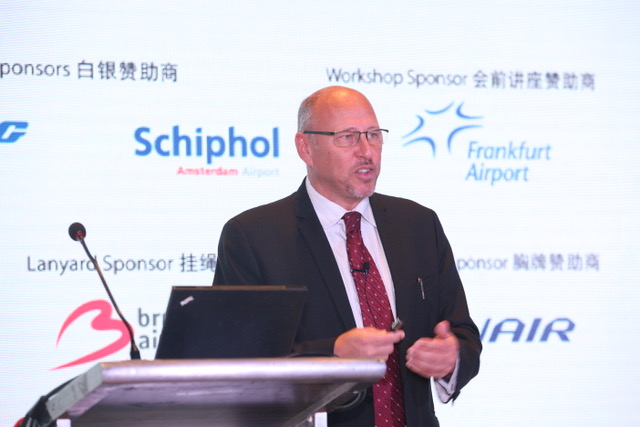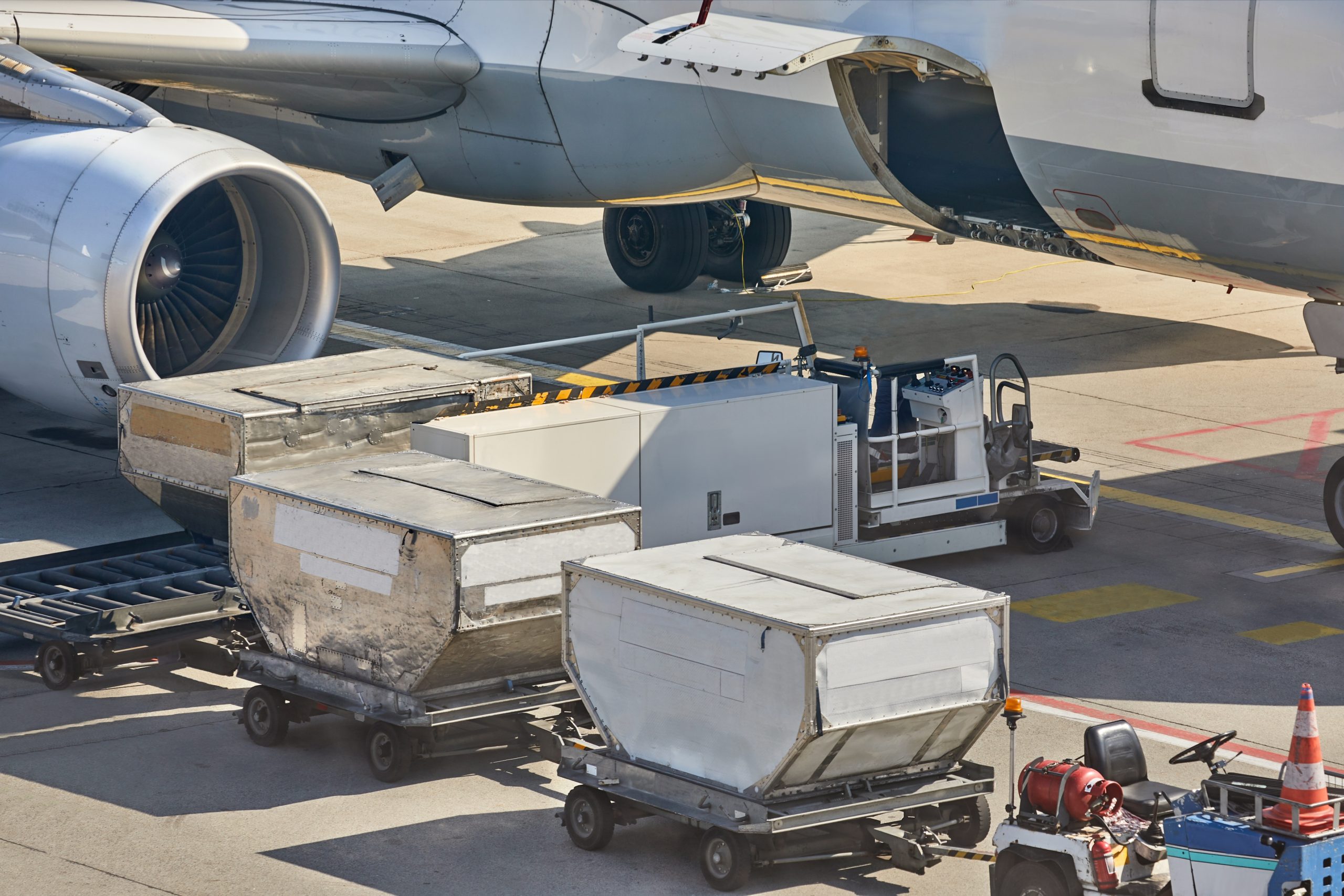- Air Cargo is crucial to many other industries. How do you keep up with such a vast array of partners/clients such as pharmaceuticals, e-commerce, perishables among others?
That is indeed as challenge as industry sector has unique and specific demands from their supply chain partners. The only way this can be achieved is through active and ongoing dialogue. TIACA supports its members by engaging with the shippers in each of the crucial sectors and facilities knowledge transfer.
- To some, your sector is somehow unknown, and I would risk saying that the Covid-19 pandemic made it possible for the wider public to understand your contribution to aviation better. Was that health crisis a turning point in terms of your general business model?
Covid changed the planet in so many ways, from making us all more aware of self-health and protection, to consumer shopping habits, to working conditions, to information exchanges to countless other social and work situations. Some of these changes such as dramatic growth of e-commerce has indeed impacted air cargo quite significantly.
- Speed, efficiency, seamless management are all terms related to air cargo. What other aspects would you add that define your sector?
Adaptability, flexibility, Quality and innovative. Air cargo is the fastest mode of transport and is a key enabler of the global economy. As changes occur in the field of international trade then the air cargo industry must evolve equally else the cargo will find other ways to get to its destination.
- What are the greatest changes seen in the industry in the years you have been part of it and what are the challenges that lie ahead?
Wow, what an interesting question. I joined the industry 42 years ago and so much has changed since then. We have little technology back then, we did not even have email, so industry communications and data transfers were based purely on paper or the phone. But I think the biggest change has been in what the industry transports. We have gone from moving boxes to moving emotions. Basically, the value of what is inside the containers today directly relate to an individual’s life, whether that’s life saving drugs, flowers, clothes, jewelry, food, electronics, or anything else, so we have a huge responsibility to ship with care.
- Apart from safety, sustainability seems to be the greatest challenge aviation faces in the decades ahead. How is your sector working to deal with it?
The United Nations led the way with their 17 Sustainable Development Goals (SDGs) which really details how every aspect of our lives impacts the planet and our fellow global citizens. Air cargo is aligned with and directly supports the achievement of many of the SDGs but much work is needed over the coming decades. From the achievement of the 2050 net zero target to fostering growth in the global economy to ensure all can prosper. Investments are already being made in Sustainable aviation fuel, electrification of ground vehicles, digital vs paper data transfers, and reduction in the use of single use plastics as well as many other areas.
- Is the air cargo industry keeping pace with the passenger industry in terms of increasing the use and demand for SAF?
Actually, Air Cargo is some areas is exceeding the passenger side in SAF usage with some major agreements established between carriers and big corporate exporters. But overall SAF availability is much lower than where it is needed to be. We urge governments, oil companies and the investment community to look at increasing global production. Demand is there.
- What other challenges have you identified that will need to be confronted in the future?
Responding to geopolitical challenges, particularly those that have an impact on international trade. Responding to conflict zones to ensure the safe movement of cargo. Addressing the increasing demand for data, particularly in addressing compliance issues. Safety in the supply chain, particular combatting counterfeit lithium batteries. And attracting the next generation of leaders, creating an inclusive and engaged workforce.
- Artificial Intelligence is transforming air cargo by optimizing processes, efficiency, and decision-making. Do you see AI as a factor that will revolutionize the industry?
Yes, absolutely, if it is harnessed in an efficient and cost-effective way. Information becomes Data which becomes intelligence when its analyzed and used to effect strategic improvements.
- Airports are undergoing a fast-paced transformation in different ways. Do you see them adapting themselves to the current and future needs of air cargo?
Yes, in general terms we must recognize the efforts of the airport community in the last few years as they have been investing in improving their cargo infrastructure and support.
- In terms of investing in human capital, retaining talent and providing your sector with the necessary human resources that will be needed in the next few years, what are the plans air cargo has?
Firstly, we recognize that there are many industries vying for the next generation workforce. So, we need to be much more aggressive about presenting the value that air cargo brings to the global community and the opportunities that exist for individuals who choose this industry for a career.
- Thinking of its members, what is the TIACA’s greatest contribution to them and what is the importance of the Executive Summit to be held in Hong Kong later this month?
TIACA is the only global association which represents the entire air cargo industry so we are uniquely positioned to speak on the global stage to ICAO, WTO, WCO and others about industry needs. Additionally, we play an active role in supporting member business growth and connecting potential partners. We also provide a spotlight on innovation and showcase industry inspirational leadership.
- As an Association, TIACA will be soon experiencing some changes in leadership. On a more personal level, what do you see as the association’s most relevant contribution during your time at the helm?
TIACA is an association by the industry for the industry. The Board plays an active role in setting the association’s strategic objectives based on what the industry needs. The association went through a transformation about 5 years ago and today provides a full range of supportive services within its portfolio. At the end of 2025 Steven Polmans will hand over the role of Chair to Roos Bakker and the board has been hugely appreciative to Steven for all the hard work and dedication he put into his 6 years as Chair.





